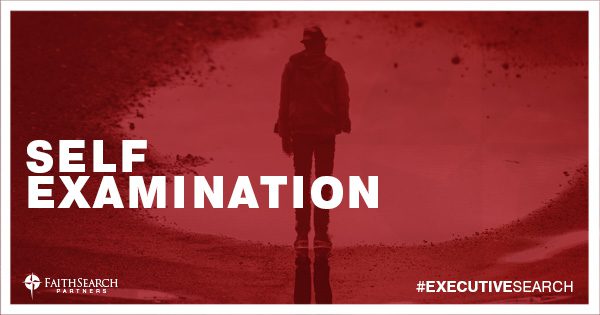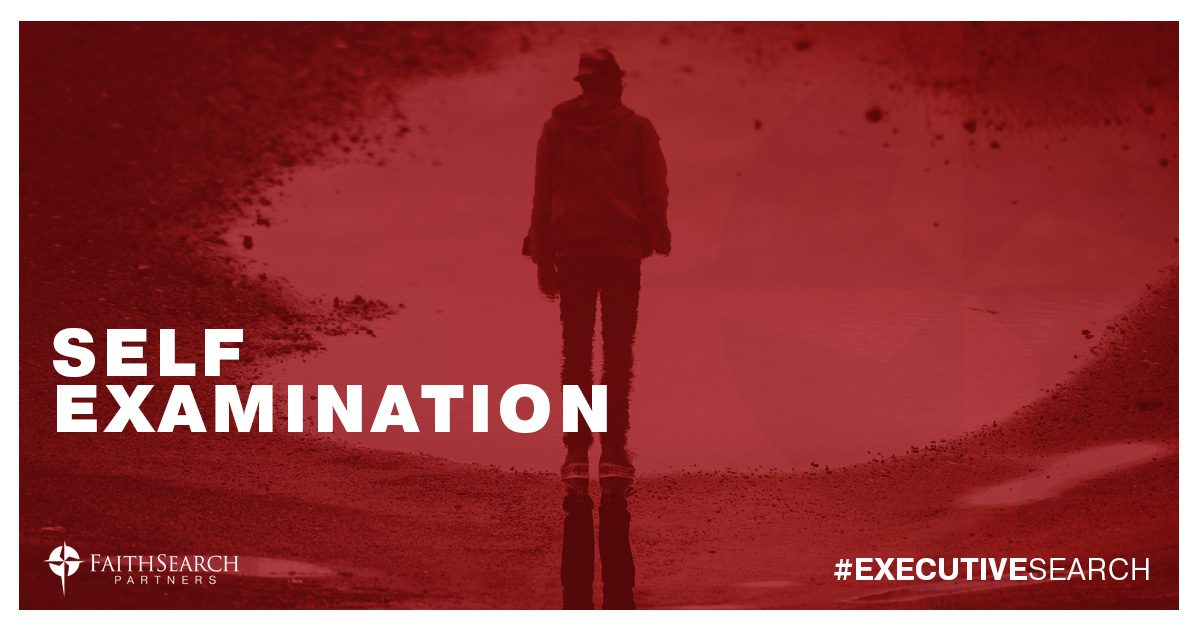The evolution of the modern workforce and workplace demands a lot from individuals and businesses. It is important to understand the purpose of evolution and how it connects to career well-being. Career well-being is defined as how you feel about your job today, your career prospects tomorrow, and how your work is helping you achieve what you want out of life. A comprehensive examination of the growth and development of people and the workplace can be beneficial for all parties involved.
Lamentation 3:40 tells us, “…let us examine and probe our ways.” Galatians 6:4 states, “…But each one must examine his own work…” And the philosopher, Socrates, reminds us that, “An unexamined life is not worth living.”
For decades, leaders and businesses have struggled with individuals who opt to perform only their assigned duties or who are not mentally and physically invested in their work. This came to be known as “quiet quitting”. Quiet quitters are those employees who don’t hand in their resignation, but they only fulfill the minimum requirements of the job – no more, no less. Is it a buzzword, catch phrase, or reality?
It happens every day in all walks of life. Has quiet quitting been ignored for so long within the workplace that it has led to a lack of development, growth, and productivity? Absolutely.
The solution to quiet quitting is to connect people to their purpose and career well-being. This connection is crucial for retention, performance, and organizational growth. It would be amazing if every candidate makes a lasting impact on their colleagues and their work environment. To achieve this, businesses should strive to:
- Keep individuals motivated, inspired, and engaged to work toward their desired goals.
- Offer training to increase skills and knowledge to advance occupational wellness.
- Acknowledge the benefits of their current position and workplace.
- Direct visions with intention and pursue meaningful goals that focus on the future.
- Address strengths, weaknesses, and personal vision with a positive mindset.
- Have open and honest discussions to seek continuous development of new challenges and experiences within the workplace.
While many businesses attempt to align to these goals, it is a consistent struggle for businesses to maintain creative programs that keep individuals engaged in their connected purpose. According to recent research, “one survey found that while 82% of U.S workers affirmed the importance of purpose, only 42% said their company’s stated purpose had any real impact.”
As businesses and individuals, we must ask ourselves why we are doing what we are doing? What impact are we having on the world? And what are we doing to support individuals with high net promoter scores.
Our survival and well-being depend on our purpose. Understanding this underscores the need to eliminate quiet quitting from the work environment. We should use our collective strategic purpose to encourage and support each other as individuals.
One’s purpose supports hope, resilience, and intrinsic motivation in a constantly changing society. It influences our choices, decisions, and overall wellbeing. A purpose-oriented environment helps us all to recognize one another’s unique skill sets and talents to be used for a greater performance and favorable self-fulfillment.
As leaders, we must cultivate an environment that promotes self-examination, self-improvement, and strategic purpose. Doing so benefits our people and our business.
FaithSearch consultants bring more than 130 years of cumulative experience in faith-based executive search. If you’re looking for leaders who can make a difference for the kingdom throughout your organization – people who will have a positive impact on your people and community – reach out to us. FaithSearch excels in securing leaders for nonprofit, higher education, ministries, and faith-driven organizations.
Contact the FaithSearch team today for more information.
Photo by Randy Jacob on Unsplash



